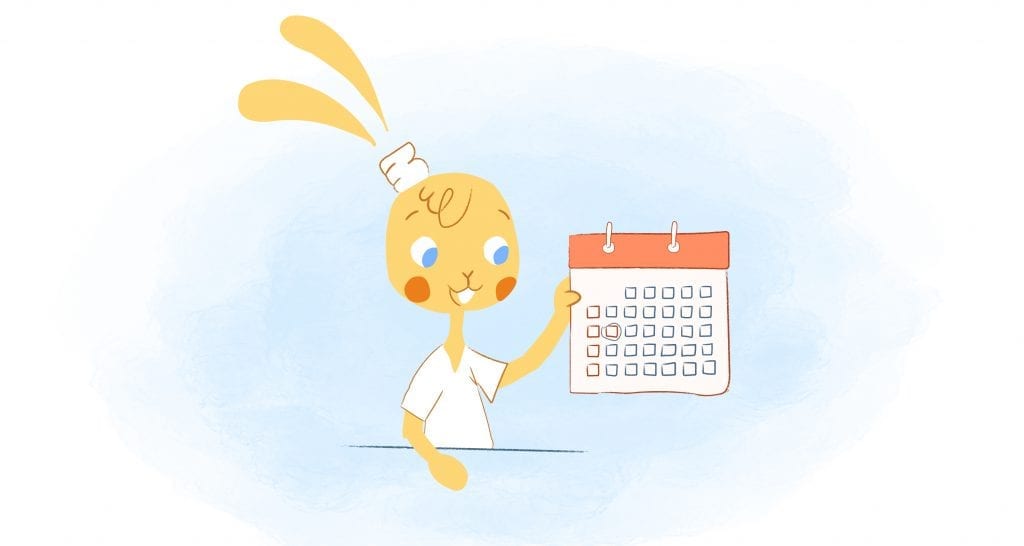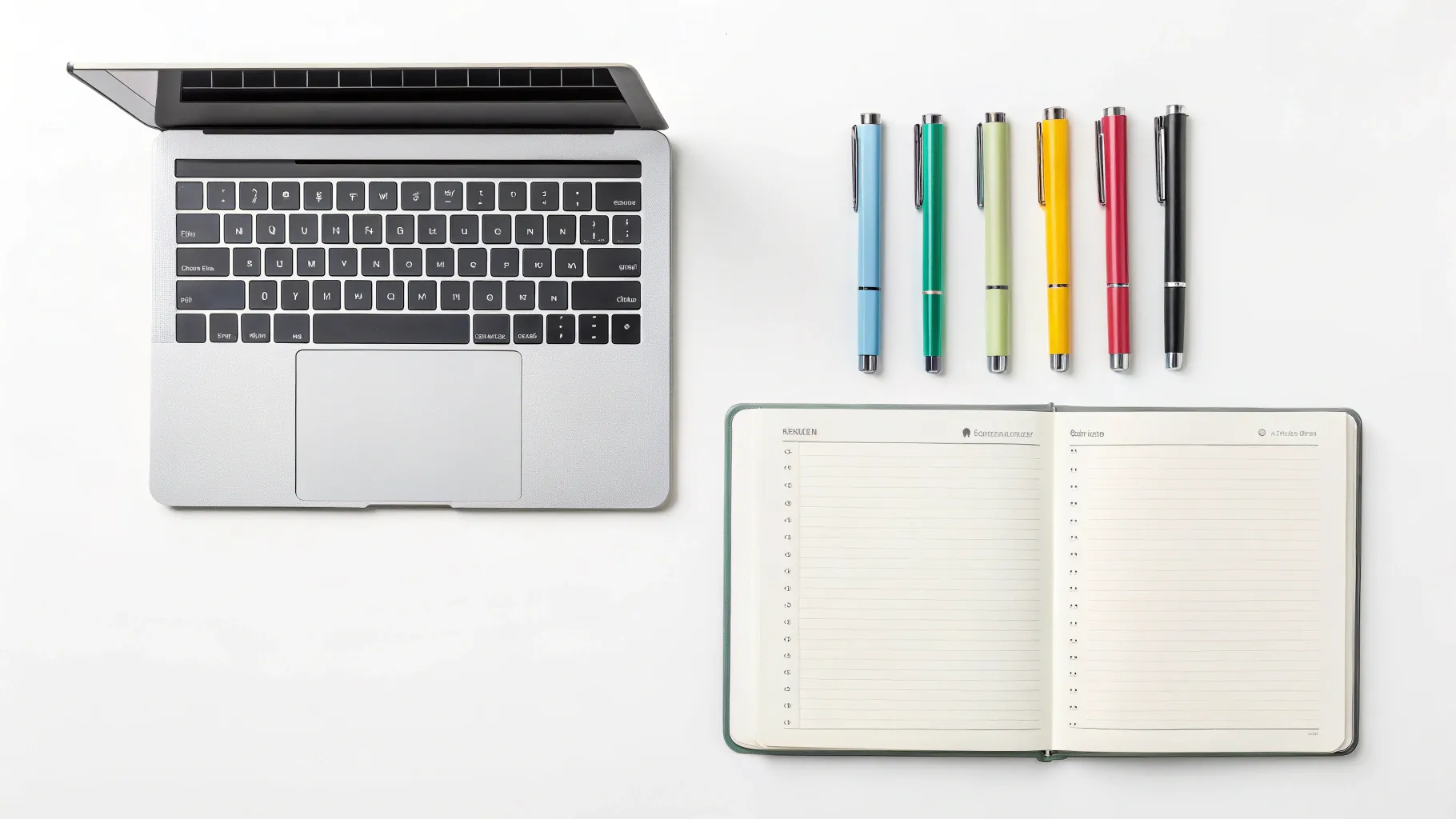

We all want to have effective meetings. Truth is many of them are not. It’s estimated that there more than 10 million meetings held every single day in the United States alone. Additionally it’s estimated that about 25-50% of those meetings are unproductive or ineffective in nature costing companies around $37 billion every year.
Since meetings are very much a part of our daily lives they are an important thing to address when it comes to optimizing your workday. With that said, here are a few ways you can have more effective meetings.
Always Set the Agenda
The more structure your meetings have the more efficient they will be. This one seems like a no brainer right? The thing is, many individuals forego putting together an agenda for their meetings. Whether it’s a call or an in-person meeting it’s important to always set a basic agenda.
If you have trouble coming up with an agenda it’s probably a good indication that the meeting is unnecessary. The agenda will dictate the entire flow of the meeting so try your best to stick to relevant points with clear calls to action.
Keep Them Short And Sweet
This goes along with setting the agenda. If you’re the one setting meetings you should try to gauge how long each should take based on each task in the agenda. Once you get an idea for how long the meeting should last it’s important to always finish on time or before the time allotted.
In fact, if you end a meeting early it actually will leave your employees with a more positive attitude about future meetings. Think back to when you were in school – whenever a teacher let you out early it was a treat. Same concept applies to meetings, as long as you got your work done it’s okay to finish early.
Preparation is Key
When we prepare for meetings we typically only think about how we can prepare ourselves for the meeting. While it’s always imperative to come prepared yourself – it’s just as important to make sure others are prepared as well. As mentioned above, a basic agenda is a great start. However you may need to provide a bit more information if you’re going to be discussing more complex issues.
If necessary make sure you attendees have all the information and or documentation they need to come prepared. For example – if you’re reviewing financials you’ll probably want others to have the numbers well before they come to the meeting right? Again – this one sounds like a no brainer but many individuals continue to pass out these materials on the spot.
Identify Your Key Takeaways
One of the most important things you can do to improve your meeting effectiveness is to identify key takeaways. As you fill your calendar with meetings you should always reference past performance. The best way to do so is by detailing out next steps as you close a meeting. Give your team clear actionable items that can be measured the next time around.
A great strategy is to identify a few key performance indicators (KPIs) that you and your team can review at the beginning of each meeting. In addition you should identify which individuals can take lead on certain tasks. The more you can quantify your results the more you can use that data to improve future meetings.
Final Thoughts
Meetings are and will continue to be a large part of our workdays. That said it’s extremely important to organize your schedule in the most effective way possible. When you do have to take a meeting – you need to set an agenda, stay focused, and come out with key takeaways. Always remember to use the tips above so you can lead more effective meetings.











Renzo Costarella
Renzo Costarella is an entrepreneur, avid learner, and startup enthusiast currently living in Silicon Valley. He consults for several startups in the Bay Area and is pursuing a few ideas of his own.